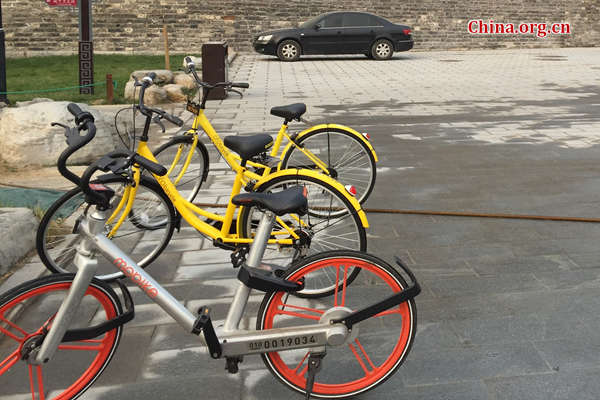The two-day conference highlighting gender inequality led by the U.N. Women Beijing Office opened on June 21, in the capital of China.
The need for the conference was highlighted after a case where financial relief was given to Chinese women in impoverished rural areas in order to purchase sanitary napkins and medicines to treat and prevent vaginitis. Many of the beneficiaries of the program spent none of the money on themselves, but rather on their husbands and sons. They thought it is necessary as their husbands play a supportive role in the family and the money would be better distributed to the husband to have a pack of cigarettes. The children may need simple necessities such as a backpack, recalled Professor Liu Bohong from China Women’s University.
Liu told the story during a panel discussion at the International Conference on Gender Equality and Philanthropy hosted by the U.N. Women Beijing Office from June 21 to 22.
The conference welcomed over 100 guests including social gender experts, representatives of international organizations and executives for philanthropic funds. The conference discussed the problem of how social gender inequality can be incorporated into international standards of philanthropic development including in China. The challenges facing the allocation of philanthropic funds and the mechanisms for donation and how these can be improved were also discussed.
“We can’t make our donations work if social gender disparity remains ignored,” Liu said.
To facilitate the implementation of gender equality, Julie Brousssard, the country program manager of U.N. Women, underscored the importance of strategic philanthropy.
“In terms of philanthropic commitments, international experience has shown that we need to strive for strategic philanthropy. This is the only way to effectively address the needs of the most vulnerable and the most marginalized,” said Broussard.
Elizabeth Knup, the representative of the Beijing Office, Ford Foundation, echoed Broussard, saying that gender equality cannot be achieved without scrupulous gender analysis and gender planning.
“For whatever projects we fund we need to have an understanding of the affected people of different genders,” she said while addressing the conference.
According to Heather Grady, the vice president of Rockefeller Philanthropy Advisors, philanthropic undertakings can be divided into institutional, corporate and internet categories — out of which internet philanthropy is growing fastest in China.
Tong Dawei, a renowned actor and U.N. Women Goodwill Ambassador, called on people to change their stubborn minds on gender issues, in particular in relation to the subconscious mindset that men are superior to women.
“In Chinese schools we often believe in the misinterpretation which entails that, although girls are outdoing boys in junior middle school, they will be eventually surpassed by boys in high school, implying a minor but deep rooted discrimination,” Tong said.
People need to be actively aware of gender inequality in everyday life such as to make sure that boys and girls can pursue equal access to whatever they are interested in regardless of gender differences, he added.

